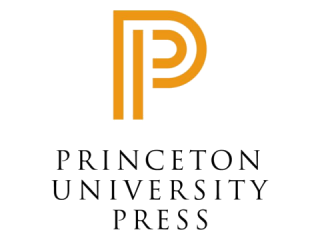by Jean Tirole (Toulouse School of Economics)
5.30pm-7pm, Tue 24th Feb - Intellectual Property and Public Policy I
5.30pm-7pm, Wed 25th Feb - Intellectual Property and Public Policy II
Sponsored by Princeton University Press

Intellectual Property and Public Policy
One of
the key markets in our knowledge economy is the market for intellectual
property. The future of several industries hinges on public policy with
regards to patent granting and licensing, copyright, trade secrets,
open source solutions and standard setting. How can we stimulate
widespread technology diffusion and reward only truly innovative
contributions? In particular, public policy confronts two major issues
concerning the diffusion and sharing of intellectual property.
First, new technologies tend to be covered by a wide array of patents issued to the different firms that contribute components to the technology. This patent thicket is conducive to “royalty stacking”, threatening the diffusion of the technology. It has accordingly been proposed that antitrust authorities stop discouraging patent pools, which are institutions through which owners of different pieces of intellectual property jointly market their licenses. Patent pools dominated the industrial world until an adverse landmark decision of the US Supreme Court in 1945, and now are making an impressive comeback in high tech industries. Patent pools, if poorly structured, however can be strongly anticompetitive. The lectures will discuss public policies toward patent pools and more generally co-marketing arrangements among potential competitors.
Second, when standardization is
necessary, in many cases there are multiple routes to solving a given
technological problem. Each one of these may be equally viable, but
often a standards body will choose only one avenue. After the decision
is made, however, the chosen patent becomes a “standard-essential
patent,” and the patent owner can ask for a high royalty even when other
patents could have offered comparable value, had the technology been
morphed differently. Standard essential patents have motivated for
instance the ongoing disputes over smartphone patents. The lectures will
discuss whether the standard-setting process should be regulated and
how.
Finally, the lectures will discuss various other issues regarding the future of intellectual property policy.
 |
#GormanUCL |
Mary Ward Hall, Mary Ward House, 5-7 Tavistock Place, London WC1H 9SN
Mary Ward House is a listed building with no lift access, however, a stairlift can be requested with advanced notice.
 Close
Close




